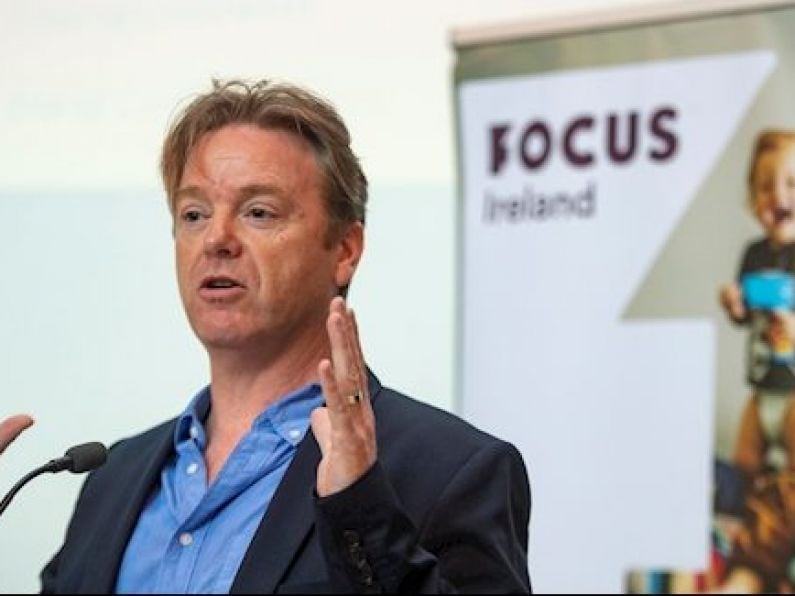Olivia Kelleher
Ireland has to house the equivalent of a town like Clifden every month for the next fifty years yet we continue to try to solve homelessness with a complete absence of imagination, broadcaster and economist David McWilliams has told a Focus Ireland Conference in Cork.
Speaking at Millenium Hall he emphasised that group thinking at the top, and the reliance on conventional minds, causes us to make all the same mistakes with housing and the economy.
Mr McWilliams said "very clever people" who are brought up with the status of always being right suffer from a failure of imagination which causes economic crashes and homelessness.
"This crisis can be fixed by imagination and common sense. Seeing all the links and realising that cleverness and intelligence is not only the preserve of policymakers who tend largely to be from the best boy and girl in class school of education.
"We need to listen to developers as well and builders. Fella's and girls that don't have degrees but who have practical sense. We need to broaden the church and listen to all these ideas."
He said the brains that are rewarded, celebrated and eulogised at school are conventional linear brains.
But those aren't necessarily the only brains required to solve issues such as the housing crisis.
Mr McWillliams said places like Copenhagen use land intensively whereas we allow it to become fallow.
He stated Ireland should reward good behaviour and penalise bad behaviour in relation to housing.
He spoke of his frustration at the abundance of vacant or derelict sites in a time of chronic homelessness.
"There is wholesale dereliction. Why is that? Because there is no penalty to not using land. Land is an economic resource. You either use it or ignore it. There is nothing else. Land is the most useless economic resource when it is not being farmed.
And yet we do not encourage people to use it and the system encourages people to hoard."
He said the only logical thing to do is to penalise hoarding land. He also maintains that developers are part of the solution.
"Yes, some are sitting on land hoarding but there are plenty of developers who want something beautiful to be made from the dereliction. Who want to refurbish, who want to renovate because that is what they do.
"So it strikes me as odd they we don't incentivise the development of urban areas particularly old areas where it is expensive to renovate.
"Give them tax credits maybe to do that.So you reward developers and penalise hoarding."
He added that we also need to look at why it is so much affordable to rent or buy in a city such as Belfast.
"One key reason is that they have built up and delivered many apartments – like in most European cities – for people to live."
Meanwhile, the Lord Mayor of Cork, Cllr Mick Finn, said when Millennium Hall was opened several years ago they could never envisaged the subsequent accumulation of tents in an area of the city called Tentsville.
He said every day in Cork there is evidence of the "stress and trauma" felt by families arising out of housing issues
[quote]"Families have to leave homes out of the blue because landlords are giving them notices to quit. In the two years since July 2016 Focus Ireland has witnessed an increase of 60% in the numbers of men and women entering homelessness, up from 206 to 328 within the combined Cork city and county."[/quote]
Focus Ireland CEO Pat Dennigan said while one or two families secure a home each day at least four more lose their home and become homeless so the crisis continues to deepen.
He stated the Government ought to "accept and respond to constructive criticism and proposed solutions."
Focus Ireland has already supported 12,260 people who are homeless or at risk between Jan to end of August this year.
That is a 5% rise compared to the 11,661 people helped by the charity in the same period last year.






